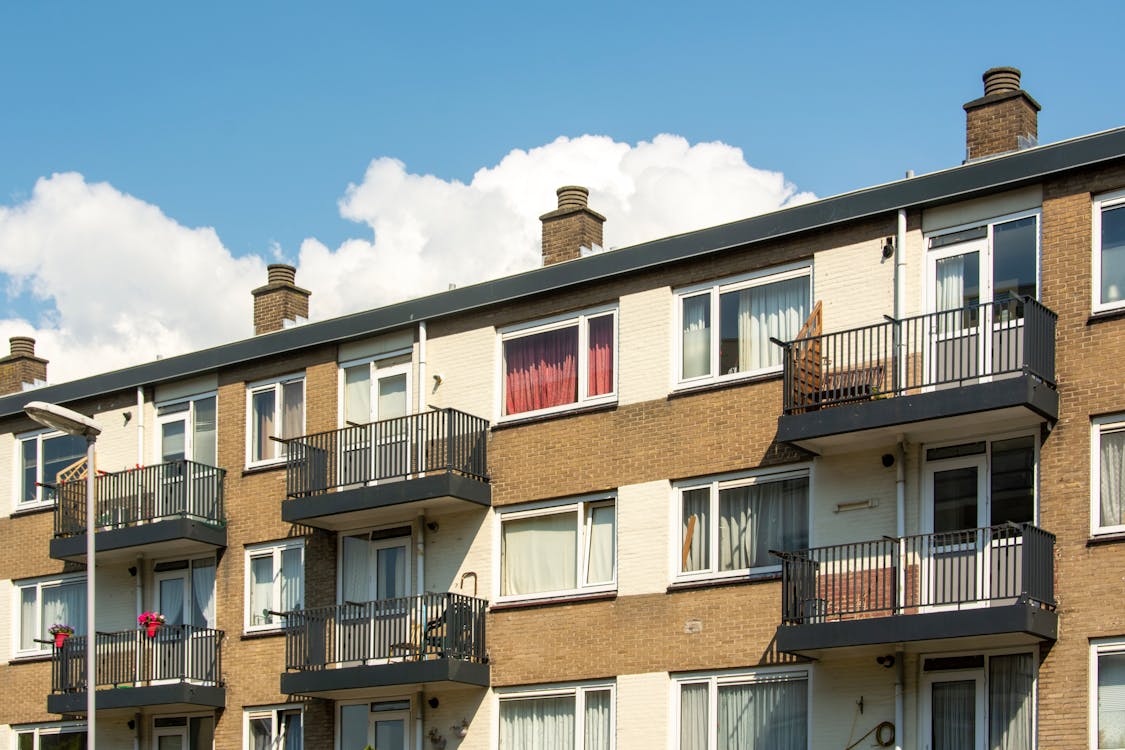Kenya’s urban landscape is undergoing a significant transformation as the government embarks on an ambitious plan to redevelop aging civil servant housing estates. This initiative aims to replace dilapidated structures with modern, mixed-income housing towers, reflecting a shift towards sustainable urban development. Key areas targeted for this redevelopment include Mbagathi, Jogoo Road, Ngara, and Pangani.
The Redevelopment Model
The government’s approach involves demolishing outdated government flats and constructing high-rise residential buildings that cater to a diverse income bracket. This mixed-use model integrates affordable housing units for civil servants alongside higher-end apartments available to private buyers. The strategy not only addresses the housing deficit but also promotes social integration within urban settings.
Tenant-Purchase Agreements
A cornerstone of this redevelopment is the tenant-purchase scheme, offering civil servants priority access to the new units. Under this arrangement, eligible tenants can acquire homes through long-term payment plans, making homeownership more accessible to government employees. For instance, in the Pangani project, original tenants were allocated three-bedroom units priced at KES 3 million, repayable over 30 years at a monthly rate of KES 8,000 .
Read Also: Compressed Stabilized Earth Blocks (CSEB) Transforming Kenya’s Real Estate Landscape
Implementation in Key Areas
Pangani
Pangani has been a focal point of the redevelopment initiative. The project aims to construct 1,500 housing units, replacing the old structures that previously housed 48 families. Despite the provision of KES 600,000 to each family for relocation, the project faced resistance, with some tenants contesting the eviction process and the terms of the new housing arrangements
Ngara
In Ngara, the redevelopment plan includes the construction of 840 apartment units. However, tenants have raised concerns over the pricing of the new units, with three-bedroom apartments offered at approximately KES 8.3 million. Residents argue that these prices are unaffordable and have requested transparency regarding construction costs .
Jogoo Road
Residents of Jogoo Road Phase 2 Estate have challenged the government’s eviction notices, citing a lack of prior consultation and insufficient notice periods. The estate, home to over 300 residents, has been earmarked for redevelopment under the affordable housing program. Legal actions have been initiated to halt the evictions, highlighting the need for more inclusive planning processes .
Mbagathi
While specific details on Mbagathi’s redevelopment are less publicized, it is included in the broader urban renewal strategy targeting old civil servant estates. The area is expected to undergo similar transformations, aligning with the government’s vision for modern, mixed-income housing solutions.
Read Also: Kenya’s Wealthy Shift Focus from Lifestyle to Income-Generating Investments – Knight Frank Report
Challenges and Controversies
Legal Disputes
The redevelopment projects have encountered legal challenges, primarily from tenants contesting eviction notices and the terms of new housing agreements. In some cases, residents have sought court interventions to delay or halt demolitions, arguing for fair compensation and adequate relocation plans .
Affordability Concerns
While the projects aim to provide affordable housing, the pricing of new units has raised concerns. Tenants argue that the costs are prohibitive, especially for low-income earners, and have called for more transparent pricing mechanisms and subsidies to ensure accessibility.
Communication Gaps
A recurring issue in the redevelopment process is the lack of effective communication between authorities and residents. Tenants have reported receiving abrupt eviction notices without comprehensive information on relocation assistance or timelines for the completion of new housing units.
The Way Forward
For the state-led redevelopment of old civil servant estates to succeed, a more inclusive and transparent approach is essential. Key recommendations include:
- Stakeholder Engagement: Involving tenants in the planning and decision-making processes to ensure their needs and concerns are addressed.
- Transparent Pricing: Providing clear breakdowns of construction costs and pricing for new units to build trust and ensure affordability.
- Adequate Compensation: Ensuring fair and timely compensation for displaced residents, along with support for relocation and transition.
- Legal Compliance: Adhering to legal frameworks governing evictions and redevelopment to prevent disputes and foster goodwill.
The redevelopment of old civil servant estates in Nairobi represents a significant step towards addressing urban housing challenges. By adopting a mixed-income model and offering tenant-purchase schemes, the government aims to promote homeownership and social integration. However, the success of these projects hinges on transparent processes, stakeholder engagement, and a commitment to affordability and legal compliance.
Read Also: 6 Types of Residential Buildings in Kenya: Find the Perfect Home for Your Lifestyle





